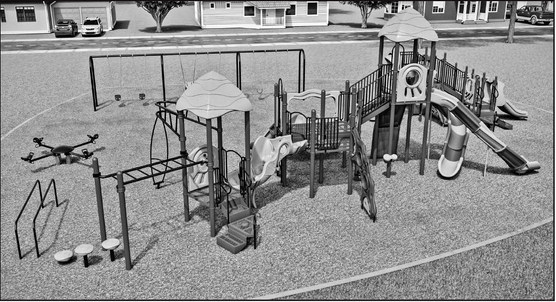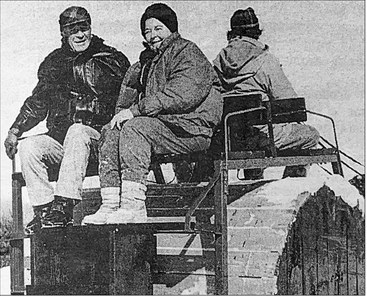Focus on owner-occupied housing
Area community and economic development leaders and state lawmakers need to be paying attention to what is going on in Marathon County.
The county’s Extension, Education and Economic Development Committee recently started the process to look at identifying county-owned properties with significant potential for residential housing development and promote the development of housing.
One way county leaders are looking to do this is with deed restrictions on land the county is looking to sell that would prioritize owner-occupied housing and keep the parcels from being developed as primarily investment properties. A particular goal is to push back against a growing trend toward recreational investment properties.
Internet-based services such as Airbnb and Vrbo have opened the door to people renting out homes for vacationers or those looking for a getaway. In a growing number of places, especially in high-demand tourist locations or those nearby, property speculators are purchasing homes solely for recreational investment use.
The math when determining what can be spent on an income-generating property is far different than the math an individual or family uses to purchase an owner-occupied home. This has the impact of having lots developed for income-generating going at a premium, quickly pricing out those wanting to build owner-occupied homes.
Because the state’s tax assessment process has been slow to adapt to changes brought on by recreational investment properties, the higher prices investment buyers are willing to spend has the impact of driving up assessments and, by extension, property taxes for existing owner-occupied homes. While this is great for those earning commissions on the sales of the homes, it is not so great to longtime residents facing ever-increasing tax burdens.
At the same time, as properties are being sucked up for recreational investment use, there is a negative impact on the community with residents fleeing in search of affordable housing which increases the impacts of declining enrollments and loss of state aid in schools.
Marathon County is on the right path in putting primary emphasis on expanding the amount of owner-occupied housing opportunities. Other counties and communities should follow that example. Beyond that, however, the state needs to take a more active role to ensure that rural Wisconsin does not turn into a playground for transient populations of well-to-do people from downstate while pushing out longtime residents and making the area unaffordable for families to move there.
Wisconsin needs tighter regulations and a revamp of the property tax codes to mitigate the negative impacts of recreational investment properties to treat them as the commercial enterprises they truly are.
Wisconsin’s strength rests on the strength of its communities. Owner-occupied homes are the foundation of those communities.
Central Wisconsin Publications Editorial Board consists of publisher Kris O’Leary and Star-News editor Brian Wilson


